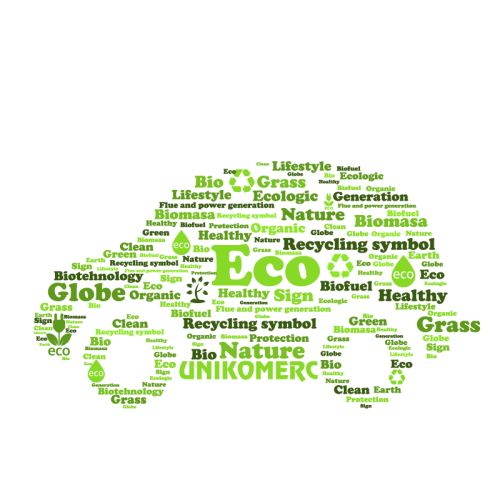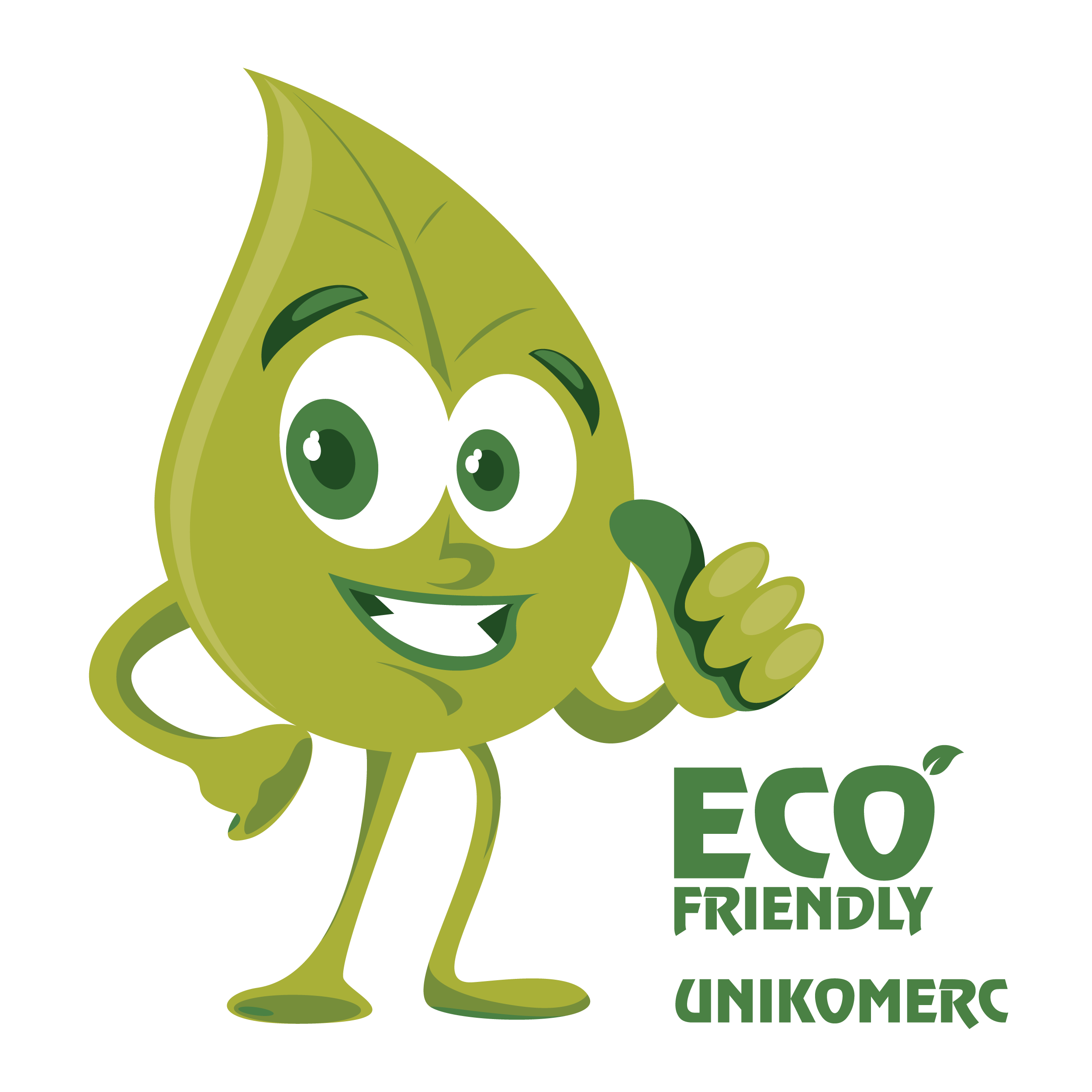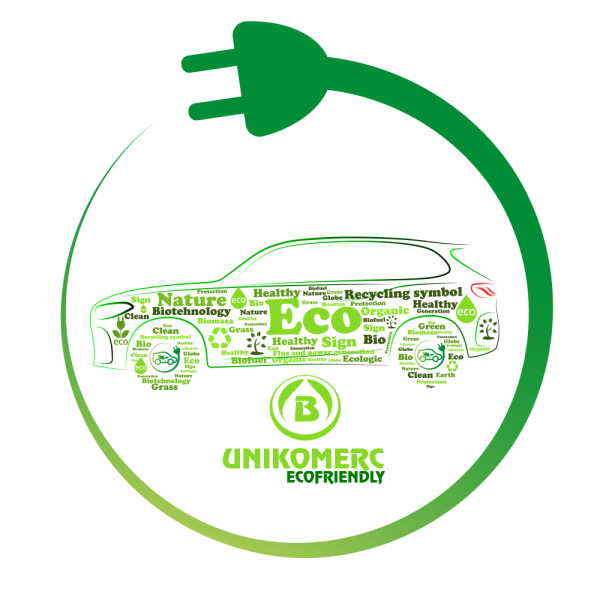LPG station
PROPAN BUTAN

LPG has the following advantages:
- High degree of utilization - up to 95% in some plants
- Possibility of combination with other fuels
- Easy maintenance and safe handling of gas appliances
- There are no preparatory phases for the used energies
- The properties of LPG change depending on the amount of gases that make it up, within the parameters that are given in the trablica and which constitute extreme cases of LPG, i.e. clean gases.

Focused on environmental protection, concern for cleanliness and contribution to ecological preservation
Liquefied petroleum gas (LPG or TNP, also propane-butane or autogas) is a mixture of liquid hydrocarbons created by the processing of oil, which in their normal state are gases, and when the pressure increases, they change to a liquid state.
In international traffic, it is denoted by the abbreviation LPG according to the English name liquified petroleum gas.
It has a very widespread use, as a source of energy in industry and the household, then as a substitute for more expensive fuels in cars, and recently it replaces various types of freon as an aerosol in various pressurized bottles, in order to reduce the harmful impact of humans on the environment, i.e. to avoid damage to the ozone layer by freon gases.
Liquefied petroleum gas consists mostly of propane C3H8 or butane C4H10, and most often it is a mixture of both gases. In smaller concentrations, liquid petroleum gas also contains some other gases, such as propylene, butylene,...
Since liquefied petroleum gas is colorless and odorless, and poses a potential hazard in the event of a leak, special additives are added to it (e.g. ethane-ethiol or tetrahydro-thiophene) which give the liquefied petroleum gas an odor and thus make it easier to detect leaks.
Gas in tanks
TNP tanks are a high-quality and practical solution for households and industrial facilities, which require an economical energy source with the highest energy value.
When calculating the total cost of purchasing LPG, it is necessary to take into account that 1 liter of LPG is equivalent to 0.55 kilograms of LPG. Depending on the size of the tank, the maximum orders (legal maximum of 85% tank capacity) are as follows:
- Volume container 1.800 l – 850 kg
- Volume container 2.700 l – 1.200 kg
- Volume container 4.850 l – 2.200 kg
UNIKOMERC d.o.o. supplies LPG tanks in above-ground and underground versions, and horizontal ones.
The above-ground tank is characterized by easy installation and connection to the object, while the underground one is characterized by an aesthetic advantage, the property of continuous evaporation without the influence of low outside temperature on the evaporation process itself.
Bottled gas is used in households, catering, camping and outdoors, and as fuel for forklifts (TF designation).
UNIKOMERC d.o.o. offers gas cylinders filled with the classic propane-butane mixture or only propane. Gas cylinders filled with propane are ideal for outdoor use at temperatures below 0°C (eg Christmas festivals, etc.).
Safety measures for the use of gas cylinders in the household:
- the bottle should always be in an upright position and with the valve closed
- The room where the bottle is located needs to be ventilated occasionally.
- the bottle must not be placed in rooms lower than the surface in order to prevent deposition and creation of an explosive mixture
- do not expose the gas bottle to heat sources
- every time you replace the gas cylinder, replace the existing seal on the connecting nut, check the correctness of the rubber tube
- it is recommended to replace the regulator and rubber tube once a year
- when changing the bottle, it is strictly forbidden to smoke and approach open flames
- keep out of reach of children
Bottled gas
Auto plin
According to the European Directive 2014/94 EU, natural gas is considered an alternative fuel. Autoplin is liquid petroleum gas (TNP for motor vehicles) that is specially adapted for use in vehicles. It appears on the market under the label LPG autoplin (English LPG - "Liquefied Petroleum Gas"). Due to its economy and ecological properties, an increasing number of drivers decide to use autogas. The use of autogas contributes to the reduction of CO2 emissions and at the same time reduces financial costs. Compared to a gasoline engine, the combustion of an autogas engine achieves:
- 50% less carbon monoxide
- 10-16% less carbon dioxide
- 40% less nitrogen oxides
- 87% less impact on ozone formation
Advantages of autogas compared to other fuels:
- up to 50% cheaper driving compared to gasoline
- short investment return period
- significantly longer lifetime of the engine and catalyst
- simple and quick installation
- achieving longer distances on a single charge (using gas and petrol)
- more complete combustion of the mixture
- more engine power
- safe to use
- lower vehicle maintenance costs
Focused on environmental protection, concern for cleanliness and contribution to ecological preservation
Ecological conservation rate

Protection measures
What should you do if you smell or notice a gas leak in the room?
- close the valve on the gas cylinder and open the windows and doors
- do not ignite possible sources of sparks (lighter, light, be sure to turn off the refrigerator)
- check the leak with soapy water
- remove the cause or, if you are unable to do it yourself, contact a gas appliances repairer
What to do if there was an uncontrolled fire at the installation or waste?
- close the valve on the bottle and disconnect the bottle
- take the bottle out of the room
- extinguish the flame with a fire extinguisher or if the valve on the bottle is closed, you can reach for water and extinguish the flame
Gas and fuel transportation
Contact us
Work hours of Gas station
Monday - Sunday
05:00h – 00:00h
Work hours of administration
Monday - Friday
07:00h – 16:00h
Adress
76250 Gradačac.
Ledenice donje 44
tel: 035 817 773
fax: 035 822 000


